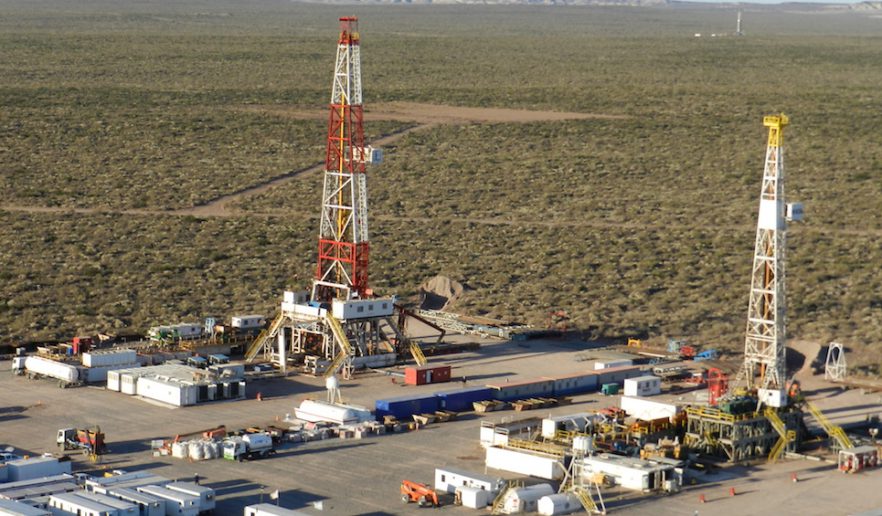The oil company YPF will focus over the next four years on its areas within the massive Vaca Muerta unconventional hydrocarbon formation in the southwest of the country, sources from the company reported.
This will be one of the pillars of the four-year plan proposed to be implemented by the new management of the company following Javier Milei's assumption as the President of Argentina last December.
The new leadership of YPF, with Horacio Marín, former President of Exploration and Production at the Argentine oil company Tecpetrol (Techint group), as the new President and CEO of the company, aims to quadruple the company's share value over four years, which closed at $16.50 on Tuesday on the New York Stock Exchange.
The plan will focus on Vaca Muerta, the world's second-largest unconventional gas reserve and the fourth-largest unconventional oil reserve, whose massive development is led by YPF, Argentina's largest hydrocarbon producer.
The focus on unconventional resources will be accompanied by divestment in highly mature or marginal conventional areas with high operating costs, which YPF plans to transfer to other companies interested in these assets, including small and medium-sized ones.
The company will also review its stakes in various other companies.
Additionally, it will seek to increase production and achieve more efficient operations, both in exploration and production, as well as refining and marketing.
Moreover, it will seek to restructure the project with the Malaysian company Petronas to produce and export liquefied natural gas (LNG).
In September 2022, YPF and Petronas signed an agreement to invest $10 billion (about €9.292 billion) in the first stage to build an LNG liquefaction plant in Argentina using gas extracted from Vaca Muerta.
The LNG production plan includes the construction of pipelines and other infrastructure, industrialization, marketing, and international logistics.
The new management of YPF believes that LNG development in Argentina will only be profitable and competitive if it is realized through a single project shared with other major oil companies operating in the country.
To achieve this, the new management plans to meet in March with representatives of four or five private oil companies operating in Argentina to propose joining the project, in which YPF would retain a 50% stake.
The new leadership of the state-controlled oil company believes that by 2030, under YPF's leadership, Argentina could achieve hydrocarbon exports worth $30 billion, not including the potential of LNG.

